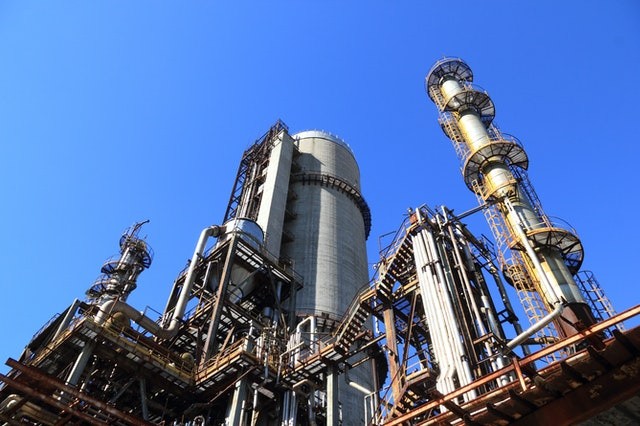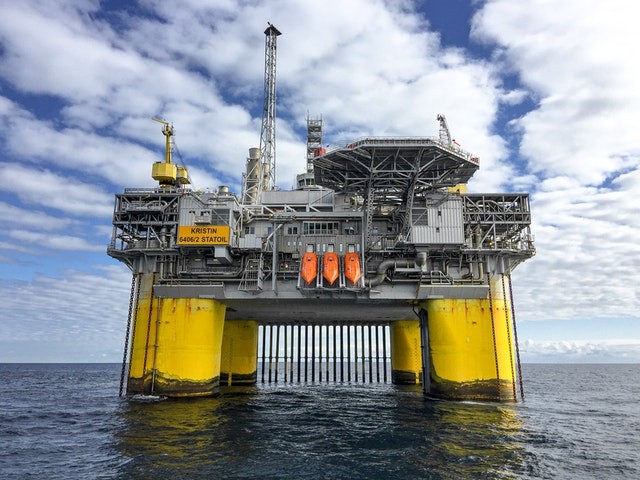A million gallons of gasoline has split from a pipeline onto a nature reserve in North Carolina. It is actually 4 times the size that was initially reported, as stated via a report filed to the state.

What happens to North Carolina
As reported by the Charlotte Observer on Thursday, in September, the then-secretary of the North Carolina Department of Environmental Quality, Michael Regan, stated that up to 1.033 million liters (273,000 gallons) of gasoline was spilled in Mecklenburg County's Oehler Nature Preserve situated near Huntersville.
Huntersville is about 24 kilometers (15 miles) north of Charlotte. In the previous month, specifically in August, the same county reported up to 238,455 liters (63,000 gallons)
The right amount of spillage
The Colonial Pipeline issued a contrary report to regulators on Wednesday. According to this report, the amount of gasoline estimated to have been released by the crack in the wall of that pipeline was up to 4.23 million liters (1,119,982 gallons)
The then-President-elect Joe Biden selected Regan as the head of the United States Environmental Protection Agency. He is the first black person to head the agency.
On Thursday, state officials mentioned that they ordered Colonial Pipeline back in November to figure out precisely how much gasoline was spilled when the pipeline bust.
According to a quickly-put together state Department of Environmental Quality news release, this order came when the state staff discovered the company had considerably underestimated the overall amount or volume of gasoline released by the cracked pipeline.

Thorough Cleanup is Assured, says Division of Waste Management
The director of the North Carolina Division of Waste Management, Michael Scott, promised that a thorough or comprehensive review would be undertaken in order to readily determine the full extent of the overall impact of gasoline spillage.
This must be done so that it will become easier to guide the entire cleanup process as well as to protect the environment and public health.
Scott also said the Department of Environmental Quality would continue holding Colonial Pipeline accountable and ensuring the department oversees its cleanup processes and efforts.
According to Colonial Pipeline's chief risk officer and vice president of operations services, Angie Kolar, an external metallurgist has been invited to examine the cause of the crack in the wall of the pipeline that bust.
On the other hand, Kolar on Wednesday also said that, Colonial Pipeline has recovered about 2.5 million liters (661,710 gallons) of gasoline.
The company expects to remain on-site for several years as its wells swiftly recover as much gasoline as it can.
According to the chief risk officer, no gasoline has been seen or discovered in residents' well since the discovery of the spill by 2 all-terrain vehicles (ATV) riders, they found the spillage that occurred on August 14, and the company had swung swiftly into action to repair the bust pipe on August 19.
The company informs the public that Colonial pipes fuel in one of the lines that run through Mecklenburg county. A second pipeline transports home heating oil and jet fuel from the refineries located majorly on the Gulf Coast.
Customers spread out all over the East and South receive these products via over 8,751 kilometers (5,500 miles) of the pipeline.
RELATED ARTICLE: Greenhouse Gases From Oil and Gas Projected To Continue To Increase
For more news, updates about oil spillage and related stories, don't forget to follow Nature World News!
© 2025 NatureWorldNews.com All rights reserved. Do not reproduce without permission.





